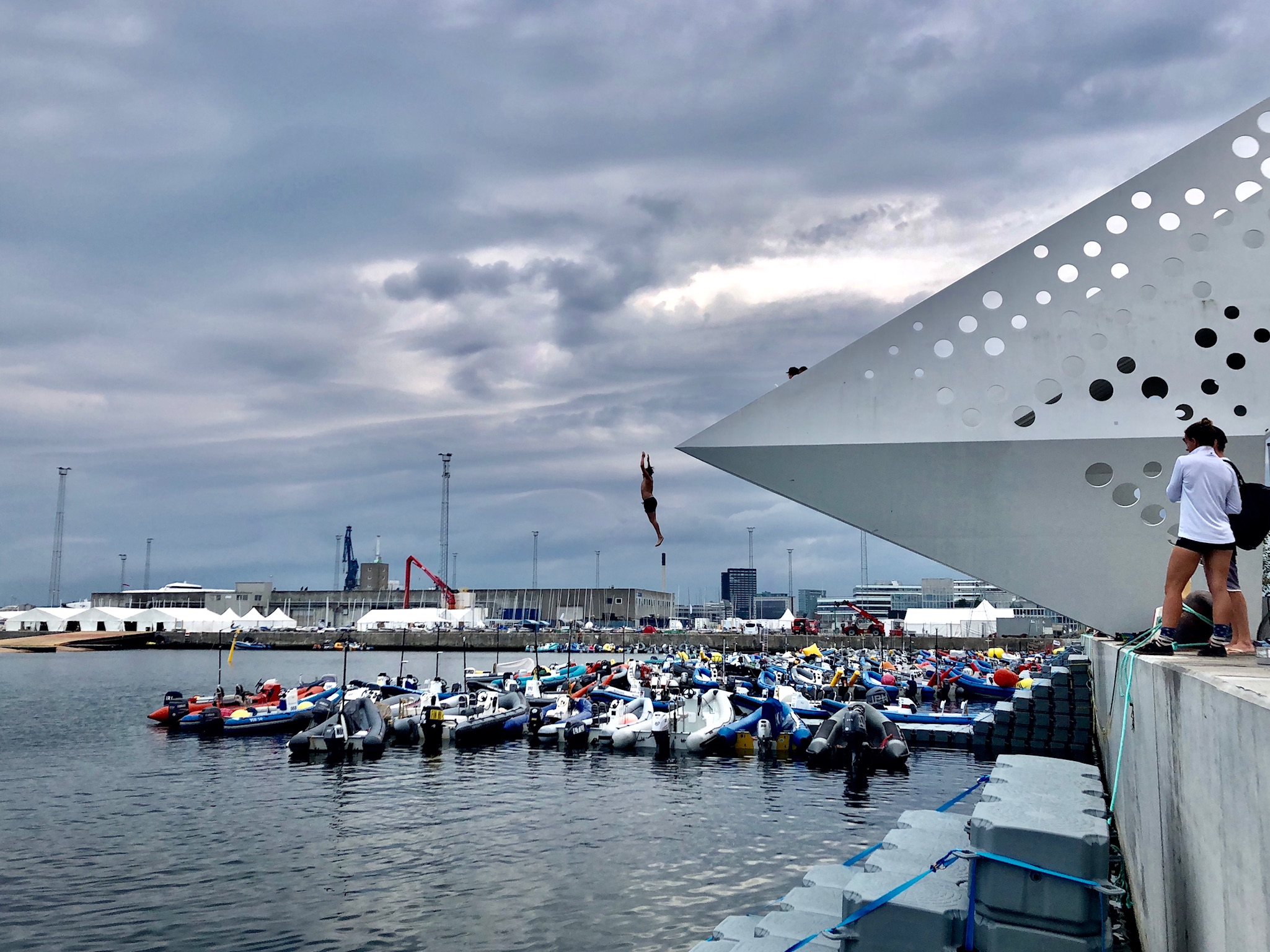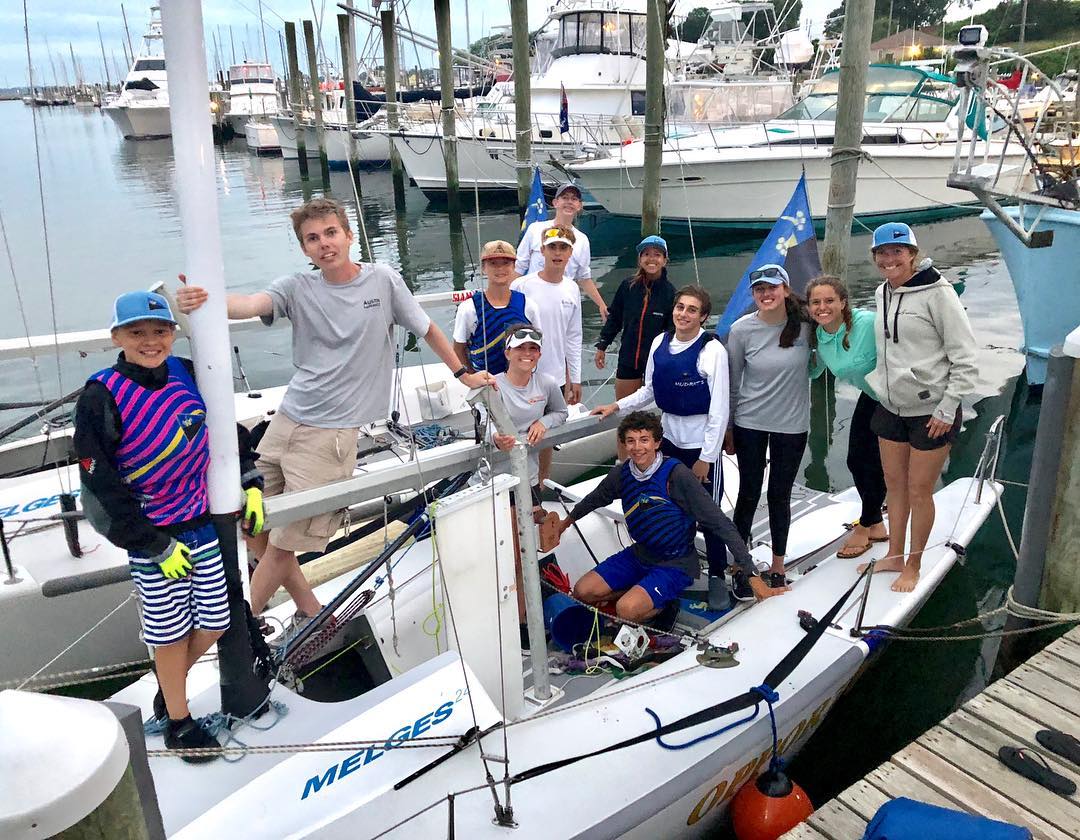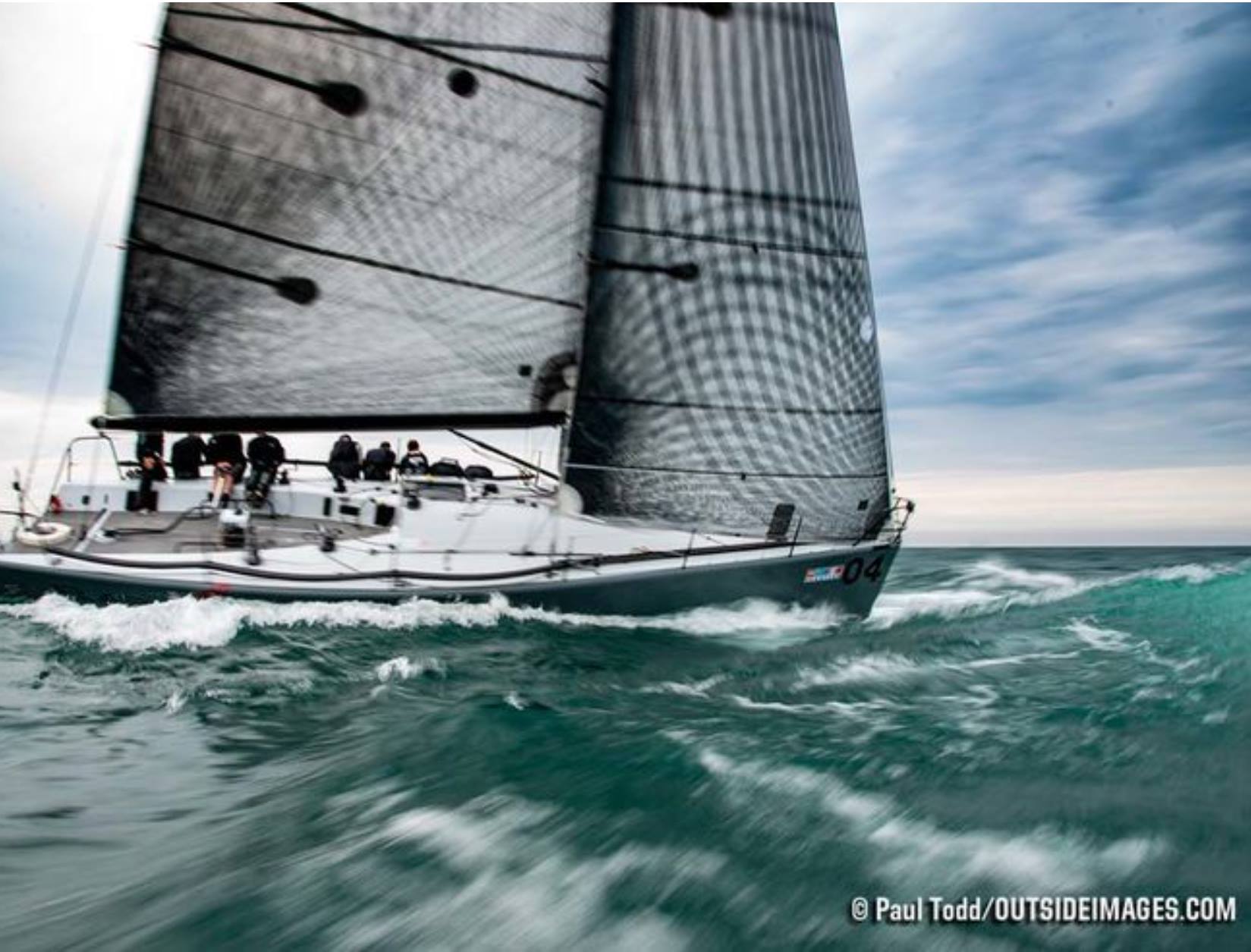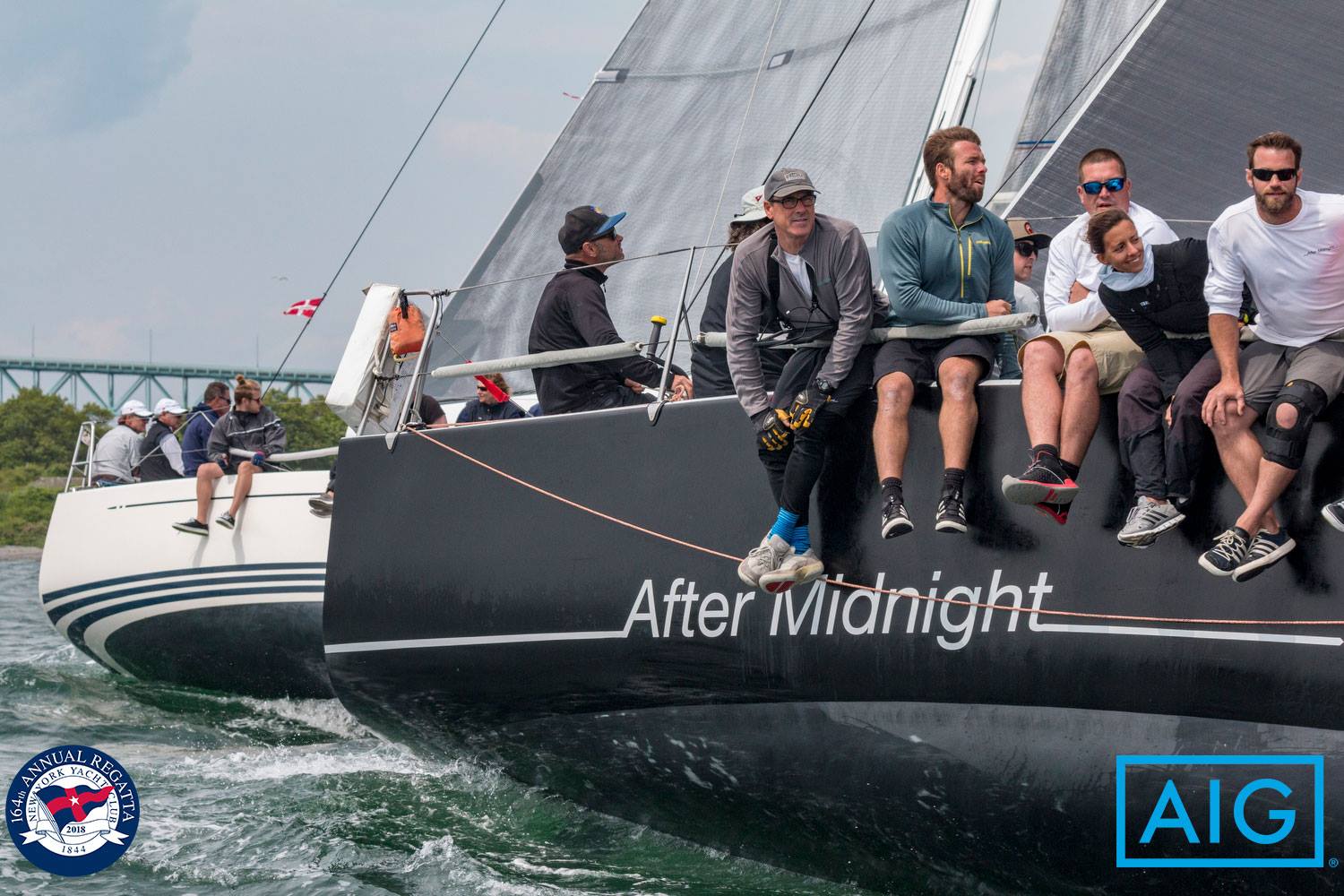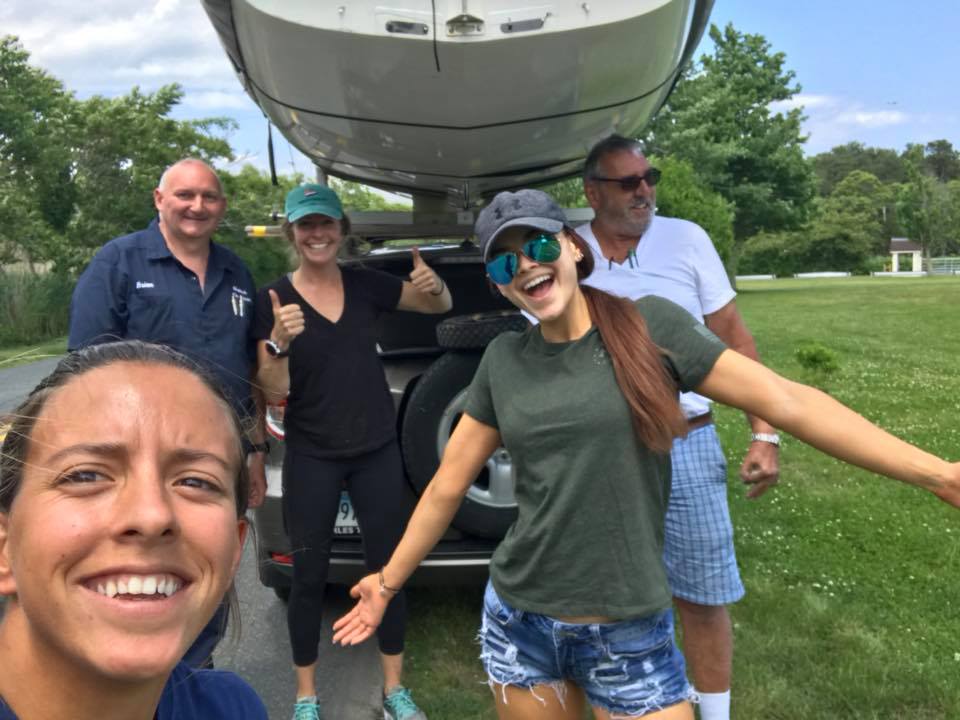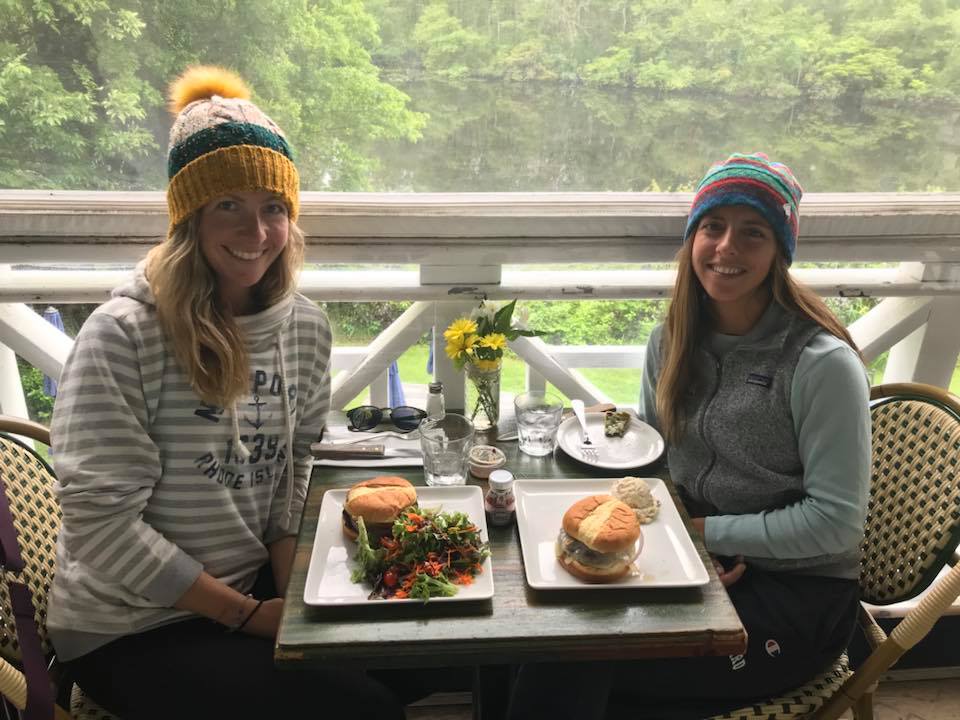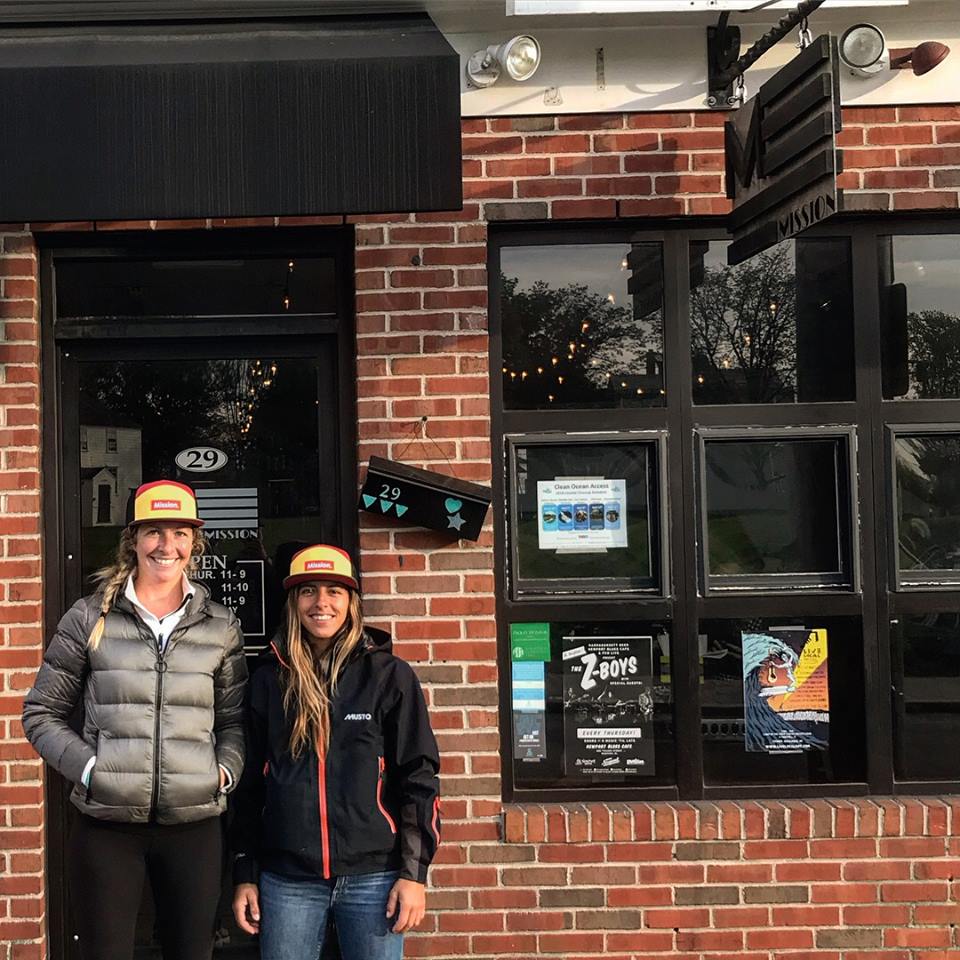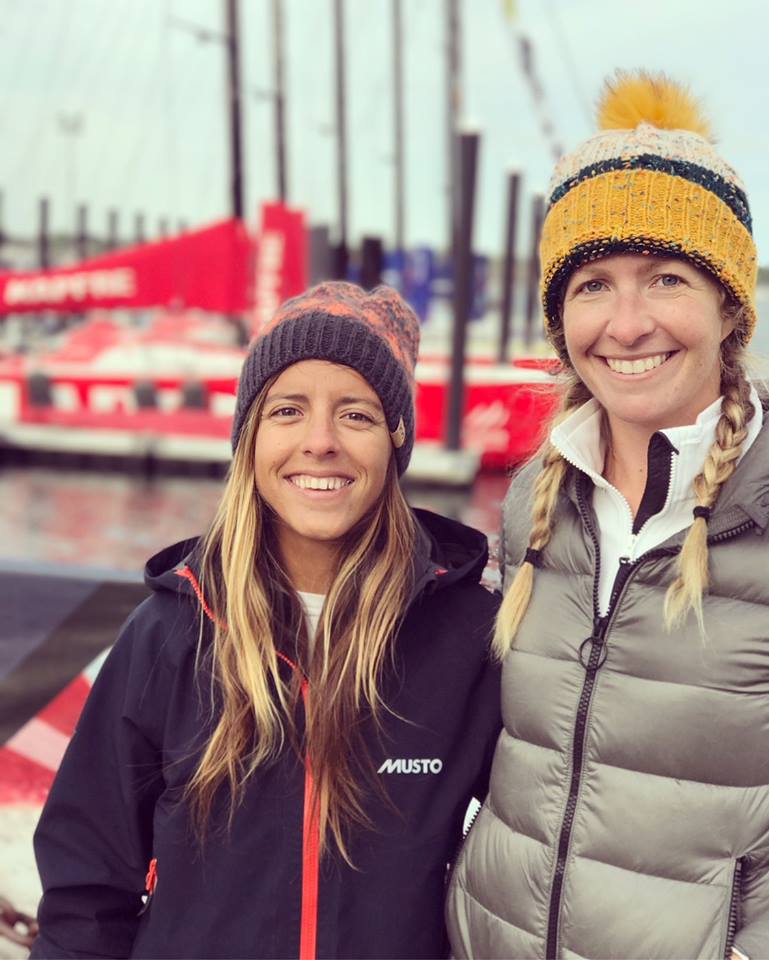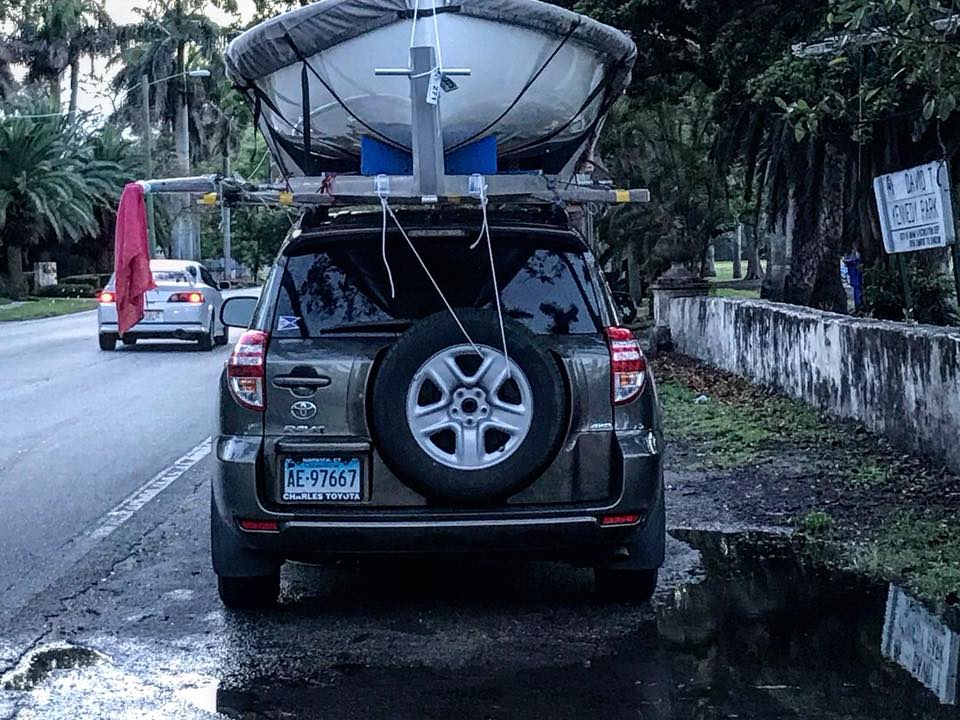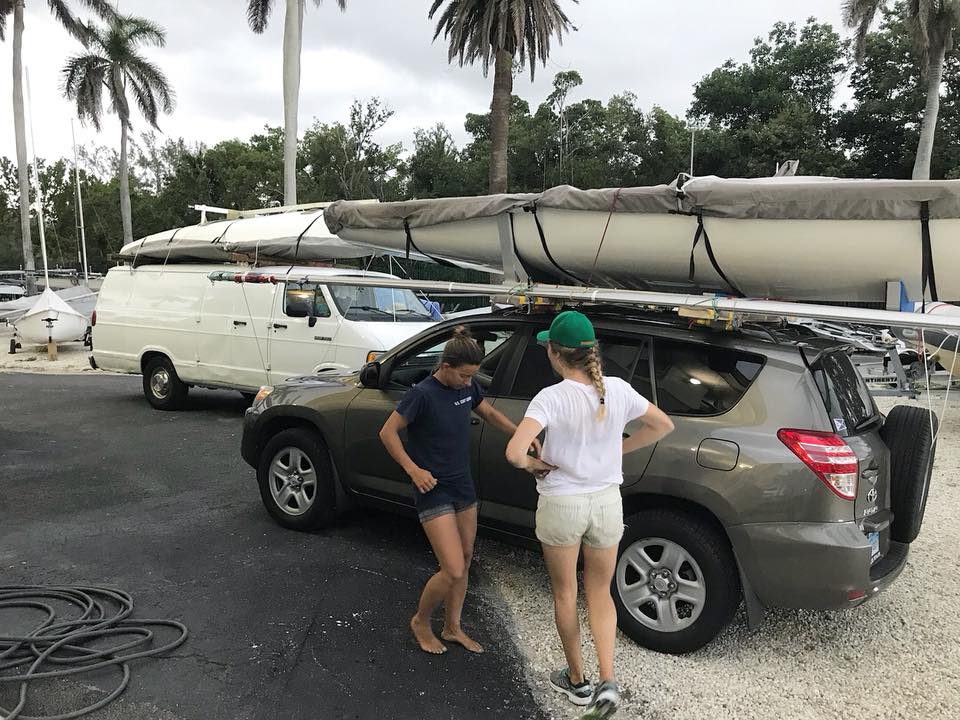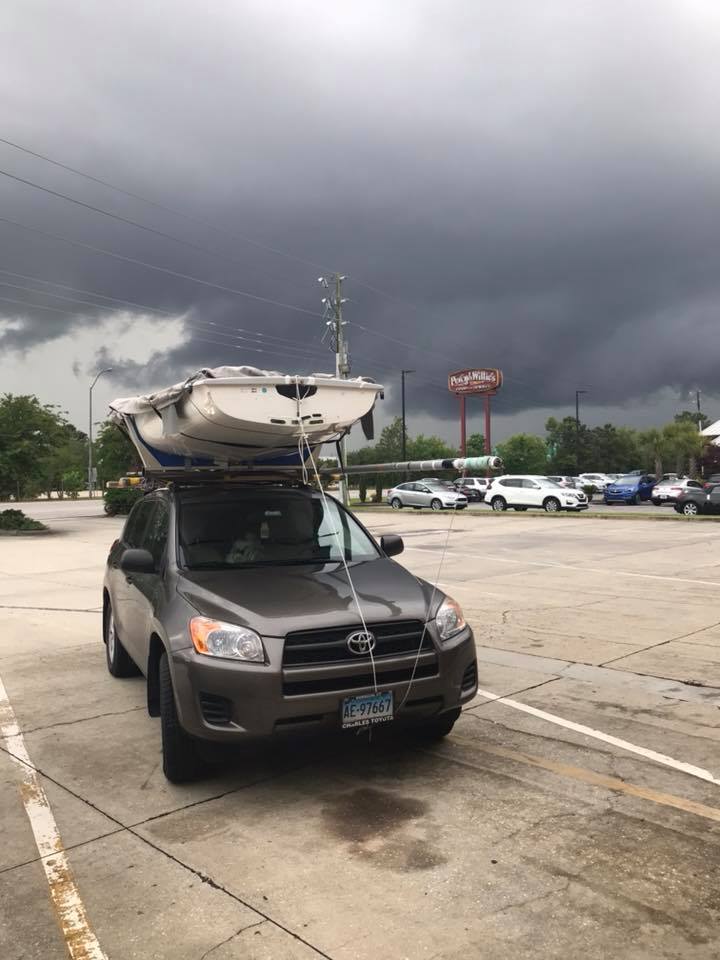For posts about the places we are training or racing.
Return from Europe
/in News, Preparation, Sailing Venues /by netlander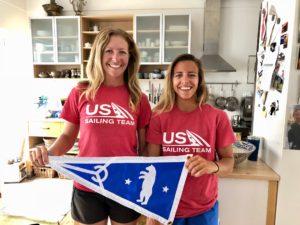
Lara did the photos, except for photos of Lara which Nikki did, except for shots of both of them which were taken automatically or by a kindly bystander.
What an incredible experience! The 2018 World Sailing Championships in Aarhus, Denmark, in August, lit our competitive fire more than we could have imagined possible. After all, we sailed against 46 of the best Women 470 teams in the world. This included the Gold and Bronze medalists at the 2016 Summer Olympics, sailors we intend to compete against again at the 2020 Summer Olympics. To everyone who pushed us to attend this event, a sincere and heart-felt ‘thank you’. One of the important lessons we learned is that results came and went. We finished 37th of 47 teams with a mix of finishes in the 30’s and 20s. However, the situations we navigated on and off the water
The Pre-Start
[envira-gallery id=”4318″]
The Regatta
Debrief
What we did well
Looking Forward
Bigger Boats in the NOOD regatta
/in Sailing Venues /by Lara Dallman-Weiss Lara raced with Flash Gordon Racing this weekend and won the 2018 NOOD regatta!
Lara raced with Flash Gordon Racing this weekend and won the 2018 NOOD regatta!
Racing on a Bigger Boat
/in Sailing Venues /by Nikole Barnes Nikki on the rail in the 164th New York Yacht Club Annual Regatta in Newport, RI. Little bigger than an Olympic 470! This was day one of the Race. Photo by Forster Photography Thanks Daniel. — at New York Yacht Club-Harbour Court.
Nikki on the rail in the 164th New York Yacht Club Annual Regatta in Newport, RI. Little bigger than an Olympic 470! This was day one of the Race. Photo by Forster Photography Thanks Daniel. — at New York Yacht Club-Harbour Court.
Nikki and Lara – Back to Newport from Long Island
/in Carousel, News, Sailing Venues /by Nikole Barnes Met some great people in Long Island to help us load the boat! We are now going back to Newport to continue our training, we have some big updates this week so keep an eye out for more information! Don’t forget to smile!
Met some great people in Long Island to help us load the boat! We are now going back to Newport to continue our training, we have some big updates this week so keep an eye out for more information! Don’t forget to smile!
Nikki and Lara — at Mattituck.
Farm to Table at Farm Country Kitchen
/in Carousel, Nutrition, Sailing Venues /by Lara Dallman-Weiss Getting a taste for Long Island! This week we are working hard on building our boat as well as building our bodies. We build our muscles through a balanced diet with the freshest ingredients. We tried out Farm Country Kitchen, a farm to table restaurant with healthy options! We will be posting more information on our fitness gains on Instagram @perfectvisionsailing.
Getting a taste for Long Island! This week we are working hard on building our boat as well as building our bodies. We build our muscles through a balanced diet with the freshest ingredients. We tried out Farm Country Kitchen, a farm to table restaurant with healthy options! We will be posting more information on our fitness gains on Instagram @perfectvisionsailing.
PVS Update for Week of May 16, 2018:
/in Carousel, Sailing Venues /by Lara Dallman-WeissPVS Update for Week of May 16, 2018:
- We are currently passing through Georgia on our way up to Newport, RI for the summer training. It’s been a busy week with trying to squeeze in days on the water sailing with packing up but we are excited for the change in venue and some beautiful Newport breeze. Here’s our update for the past week:
- We sailed for three days last week where we continued to work on the foundation. Our last day of sailing was a late session where we had the opportunity to have Felipe Juncadella from Up Top Photography take some drone videos of us during the sunset. With his expertise we have already launched one video and have another one in the making. Our goal with this is not only to build our brand but also to show the public why the 470 is an incredible Olympic boat. The first video was featured in Scuttlebutt and is one of our first personal attempts at saving the boat for the 2024 Olympics. Current vote for 2024 is to have a mixed 470.
- We packed up two boats for the trip up North, the ODP boat and the donor boat so that we are able to have training partners join us in Newport. The donor boat needed rigging which we got from sailing services. We will finish rigging it in Long Island at Larry’s.

